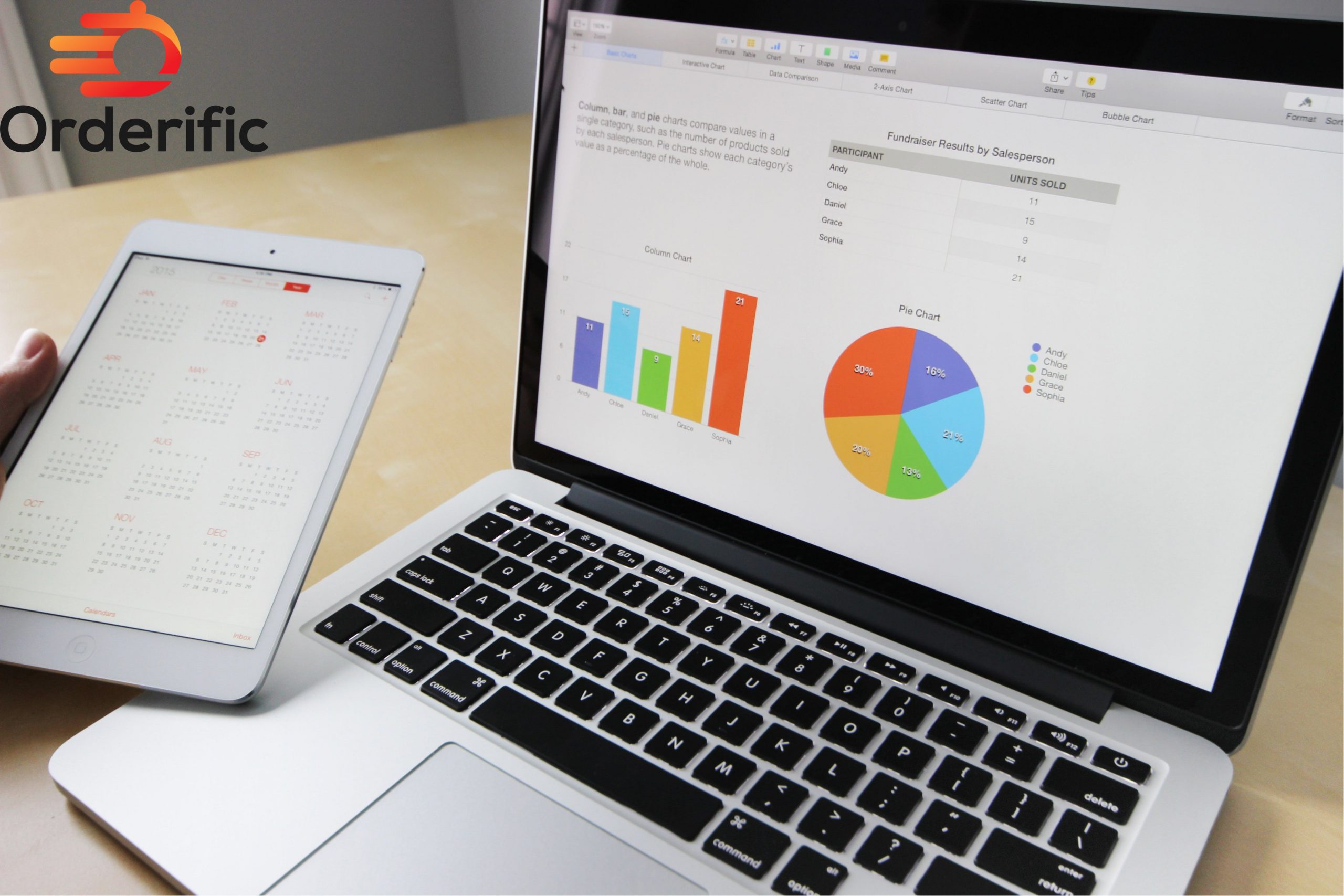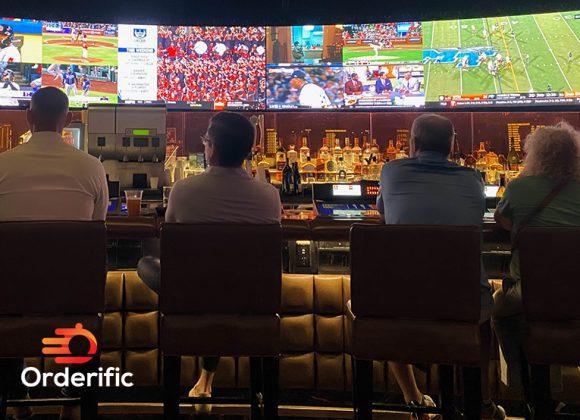Introduction
Data insights in hospitality is highly competitive, understanding and anticipating guest needs are paramount to enhancing guest satisfaction and driving revenue growth. The hospitality industry has begun harnessing the power of big data, data analytics, and predictive analytics to gain valuable insights into customer behavior and preferences. This data-driven approach is revolutionizing the way hospitality businesses operate, leading to significant improvements in operational efficiency and revenue management.
More than just a buzzword, big data analytics in the hospitality sector is a game-changer, unraveling patterns and trends in customer data that are crucial for enhancing the guest experience. Equipped with these insights, hospitality organizations can devise effective marketing strategies that align with their guest’s expectations, fostering guest loyalty and maximizing revenue.
Collecting And Harnessing Guest Data

Collecting and harnessing guest data is a crucial part of the hospitality industry’s journey towards adopting a data-driven approach. With the application of big data analytics and data analytics, significant volumes of both structured and historical data can be processed to generate actionable insights about guest preferences and behavior.
Hospitality analytics further allows the industry to delve deeper into this information, providing a more granular understanding of the guest experience. For example, predictive analytics can be employed to forecast future trends based on historical data, enabling hotels to make informed decisions regarding inventory management, marketing strategies, and revenue management.
The use of advanced analytics and data analysis techniques also enables the hospitality business to glean valuable insights from their customer data. These insights, coupled with artificial intelligence, can provide a personalized experience to guests, thereby increasing guest satisfaction.
Moreover, the application of big data analytics in the hospitality sector allows for a more comprehensive understanding of the hotel industry. For instance, Radisson Hotel Group has successfully utilized data science and hospitality data analytics to enhance their operational efficiency and customer satisfaction.
Ultimately, the goal of leveraging these data-driven strategies in the hospitality industry is to enhance the guest experience. By understanding and predicting customer behavior, businesses can stay ahead in the competitive hotel industry and ensure high levels of guest satisfaction.
Leveraging Data For Tailored Guest Experiences
The use of big data and data analytics is undeniably impacting the hospitality industry, enabling hotel owners to personalize the guest experience like never before. By collecting and analyzing guest data, hospitality businesses can gain deeper insight into customer behavior and preferences, subsequently offering a highly tailored experience that boosts guest satisfaction.
Big data analytics offer a plethora of valuable insights, allowing the hospitality industry to provide a personalized experience based on customer data. Predictive analytics can even forecast future trends from historical data, enabling hotels to plan their inventory management and marketing strategy more effectively. For instance, the Radisson Hotel Group has harnessed hotel data analytics to improve operational efficiency and enhance customer satisfaction.
Data analytics is not limited to understanding and predicting customer behavior. Hospitality analytics also play a crucial role in revenue management. By analyzing structured data, hotels can make informed decisions about pricing, room allocation, and even food and beverage management. This contributes to improved revenue for the hospitality sector and a better overall guest experience.
In fact, advanced analytics and artificial intelligence are further pushing the boundaries of what’s possible in the hospitality industry. AI can process vast amounts of data rapidly, enabling hotels to respond in real-time to changes in customer preferences, thus improving the customer experience.
While big data and analytics undoubtedly hold significant potential for the hospitality industry, they also present some challenges. It requires a data-driven culture, robust systems for managing and analyzing data, and the capability to translate the insights into actionable strategies.
However, the outcomes are worth the investment. A data-driven approach allows hotels to anticipate their guest’s needs, tailor their offerings, and ultimately enhance guest satisfaction. As the hospitality industry becomes increasingly competitive, those who leverage big data and analytics will have an undeniable edge.
Driving Revenue Through Personalization
Revenue management within the hospitality industry has taken a significant leap forward with the advent of big data and data analytics. Hotel owners and hospitality businesses are now leveraging these tools to drive revenue and enhance guest satisfaction. Advanced analytics, predictive analytics, and data science are being employed to gain deeper insights into customer behavior, preferences, and satisfaction levels.
By analyzing guest data and structured data, hotels can make informed decisions about room allocation, pricing, and inventory management. This, in turn, aids in providing a better overall guest experience. Big data analytics helps unearth valuable insights, thus allowing for the construction of effective marketing strategies.
Predictive analytics and data analysis are particularly useful in forecasting future trends based on historical data and customer data. This capability enables hotels to prepare for trends ahead of time and adjust their marketing strategy accordingly. Furthermore, prescriptive analytics contributes to the effective use of resources, resulting in improved revenue management.
Artificial intelligence and advanced analytics are expanding the possibilities within the hospitality sector. They allow for real-time response to shifts in customer preferences and behavior, thus further enriching the customer experience. However, to fully exploit the potential of big data and analytics, a data-driven culture, robust data management systems, and the ability to translate insights into actionable strategies are necessary.
Implementing Data-Driven Insights In Your Hotel
Building A Data-Driven Culture
A data-driven culture is instrumental in harnessing the full potential of big data and data analytics in the hospitality industry. This involves fostering an environment that encourages curiosity, innovation, and a quest for knowledge. Employees at all levels should be encouraged to ask questions and explore data-driven insights for decision-making. Training and development opportunities can help cultivate these skills and mindsets. Moreover, demonstrating the tangible benefits of a data-driven approach can motivate the team and underscore the value of their efforts. This cultural shift, coupled with the right tools and technologies, can empower hotels to leverage data-driven insights for enhanced guest satisfaction and revenue growth.
Selecting The Right Data Analytics Tools
Choosing the right data analytics tools is a crucial step in implementing a data-driven approach in your hotel. Relative to your specific needs and goals, there are a variety of tools available that range in complexity and functionality. For instance, basic tools may offer simple data collection and analysis capabilities, while more advanced solutions can provide complex predictive and prescriptive analytics. It’s important to understand the capabilities of these tools and how they align with your hotel’s objectives. Furthermore, you should consider the tool’s scalability, user-friendliness, and integration capabilities with your existing systems. A well-chosen analytics tool can significantly ease the process of collecting, analyzing, and harnessing guest data, consequently leading to more personalized guest experiences and increased satisfaction.
Training Your Staff For Data Utilization
Training your hotel staff in data utilization is a cornerstone of successfully implementing a data-driven approach. It is crucial to foster an environment where every team member understands the importance of data analytics and is capable of using the selected tools effectively. Consider providing regular training and workshops to keep your team up-to-date with the latest data analysis techniques and practices. Additionally, encourage your team to use data insights in their daily operations and decision-making processes, thereby enhancing their ability to offer personalized services and increase guest satisfaction. This investment in staff education will not only facilitate the adoption of a data-driven culture but also transform your hotel into a sophisticated, customer-centric entity.
Conclusion
In the age of technology and abundant data, the hospitality industry stands at the precipice of a revolution. Leveraging the power of data insights in hospitality and artificial intelligence, hotels can now provide tailored experiences that not only meet but exceed their guest’s expectations. These advanced tools offer deep insights into customer behavior and preferences, allowing for enhanced personalization and improved revenue management. They enable real-time response to changing guest needs, ensuring the highest levels of guest satisfaction. However, the journey to a truly data-driven approach involves cultivating a data-centric culture, investing in the right data analytics tools, and providing necessary training to staff.
With these elements in place, the hospitality industry can fully exploit the potential of big data, predictive analytics, and AI to drive guest satisfaction and revenue growth. To realize the power of data-driven personalization in your hotel, Book a demo with Orderific today. Take the first step towards elevating your hospitality game.
FAQs
What is data analytics in hospitality industry?
Data analytics in the hospitality industry is the practice of using statistical techniques to interpret data sets and derive valuable insights to improve guest experiences.
What is an example of data in the hospitality industry?
Examples of data in the hospitality industry include guest preferences, booking patterns, and guest feedback.
Why is data important in the hospitality industry?
Data is important in the hospitality industry as it provides valuable insights into guest preferences, behaviors, and trends, enabling businesses to enhance service quality.
How does big data or data analytics can benefit the hospitality industry?
Big data and data analytics can help the hospitality industry personalize guest experiences, predict trends, optimize pricing, and improve operational efficiency.













